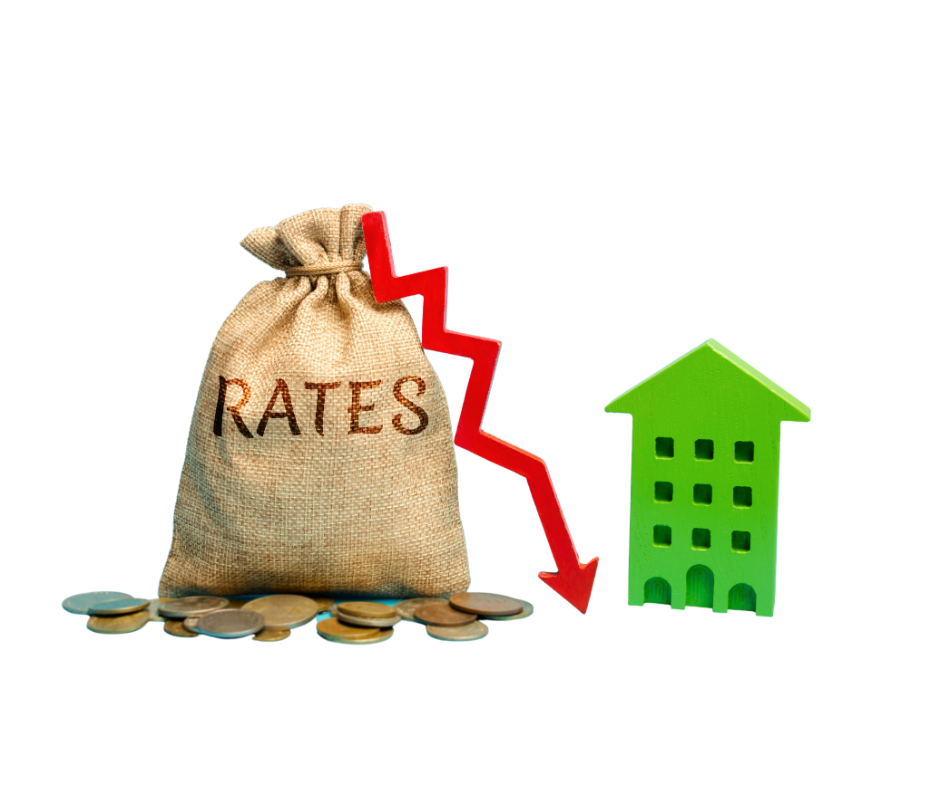Interest Rate Negotiation
Apply NowInterest Rate Negotiation
As a mortgage broker, my primary objective is to assist you in securing the most favorable interest rate available. I will guide you through the process of negotiating an interest rate, equipping you with the knowledge and guidance necessary to make informed decisions that could potentially result in substantial savings over the duration of your mortgage. Before embarking on negotiations, it is essential to establish a foundational understanding of how mortgage interest rates function. At its core, an interest rate represents the cost incurred when borrowing funds from a lender to finance your home purchase.
Having a fundamental grasp of the mechanics of mortgage interest rates is crucial before engaging in any negotiation. In essence, an interest rate is the fee you pay to secure a loan from a lender for the purpose of purchasing a home. Mortgage interest rates can vary depending on a number of variables, including the following:
- Credit score: The interest rate you’ll be able to get depends greatly on your credit score. Higher credit score clients often receive offers with lower loan rates because lenders consider them as less risky.
Loan-to-Value (LTV) ratio: Indicates how much of the value of your home you are borrowing. A higher down payment and a lower LTV ratio may lead to cheaper interest rates on loans.
Market conditions: A number of variables, such as inflation, the federal funds rate established by the Federal Reserve, and consumer demand, have an impact on interest rates. When inflation is high, mortgage rates typically rise; conversely, when interest rates are lowered by the Federal Reserve, they fall.
Loan term: Your interest rate may be impacted by the length of your mortgage (15, 20 or 30 years). Mortgages with shorter terms typically have lower interest rates but larger monthly payments.
Type of loan: Your interest rate will also depend on the type of mortgage you select. For instance, fixed-rate mortgages (FRMs) eventually provide rate stability while starting off with higher interest rates than ARMs.

Now that you are aware of the elements that influence interest rates, it is time to prepare for the bargaining process.
- Know your credit score: Confirm your credit score and review your credit history to look for any errors or problem areas. Work to improve your score if it isn’t the best before submitting a mortgage application.
- Establish your budget: Establish the monthly mortgage payment that you can afford to make comfortably. If you do this, your expectations for the interest rate conversation will be more reasonable.
- Research market rates: Check out local mortgage rates today, and keep up with national economic developments by looking at market rates. If you are aware of the going rates, you will have a place to start when negotiating.
Obtain financial documents: Lenders will ask for evidence of your income, assets, and debts. If these documents are ready in advance, the application process will move more rapidly.
Consult a mortgage broker: It can be quite advantageous to work with a Mortgage Broker like myself. Brokers have access to several lenders and can help you find the finest loan alternatives while negotiating on your behalf.
Interest rate negotiations involve a number of stages and strategies:

- Shop around: Shop around rather than accepting the first offer you are given. A variety of lenders, including banks, credit unions, and online mortgage lenders, should be contacted for quotations. Rates and terms may differ slightly amongst lenders.
- Utilize your credit score: Make use of your good credit rating as a negotiating tool. As a result of your stellar credit history, request a lower interest rate from your lenders.
- Leverage your financial strength: Let lenders know if you have a sizeable down payment or a sizeable sum of money. A larger down payment frequently results in a lower interest rate.
Think about points: Paying points in advance can lower your interest rate. One point, which typically costs 1% of the loan balance, can reduce your interest rate by about 0.25%. You can decide whether earning points will benefit your finances.
-
Negotiate closing expenses: Although talking about closing costs is crucial, don’t forget to negotiate interest rates as well. Some lenders could be prepared to cut or waive some fees in order to earn your business.
-
Be persistent and patient: Continually try to reach an agreement while remaining calm and patient. Be patient and prepared to negotiate with a number of lenders to acquire the best terms. Sometimes, simply displaying your willingness to decline one offer will lead to better ones.
-
Lock your rate: Once you and your partner have come to a mutually acceptable rate, you should consider locking it in. Since interest rates might change, a rate lock can protect you from rate hikes while the loan is being processed.
-
Get it in writing: Ensure that all agreements have been fully outlined in writing before moving forward. Establishing clear and effective communication is essential to minimize the potential for misunderstandings down the road.

Negotiating the interest rate on your home mortgage stands out as one of the most pivotal steps in securing the most favorable financial terms for your investment. As your mortgage broker, it is my responsibility to lead you through the intricacies of interest rate negotiation and offer informed guidance.
t’s important to recognize that when it comes to mortgage rates, there is often room for negotiation; they are not set in stone. By understanding the factors influencing interest rates, adequately preparing, and employing effective negotiation strategies, you can enhance your chances of securing a mortgage with a favorable interest rate. This can result in significant savings throughout the duration of your loan.
